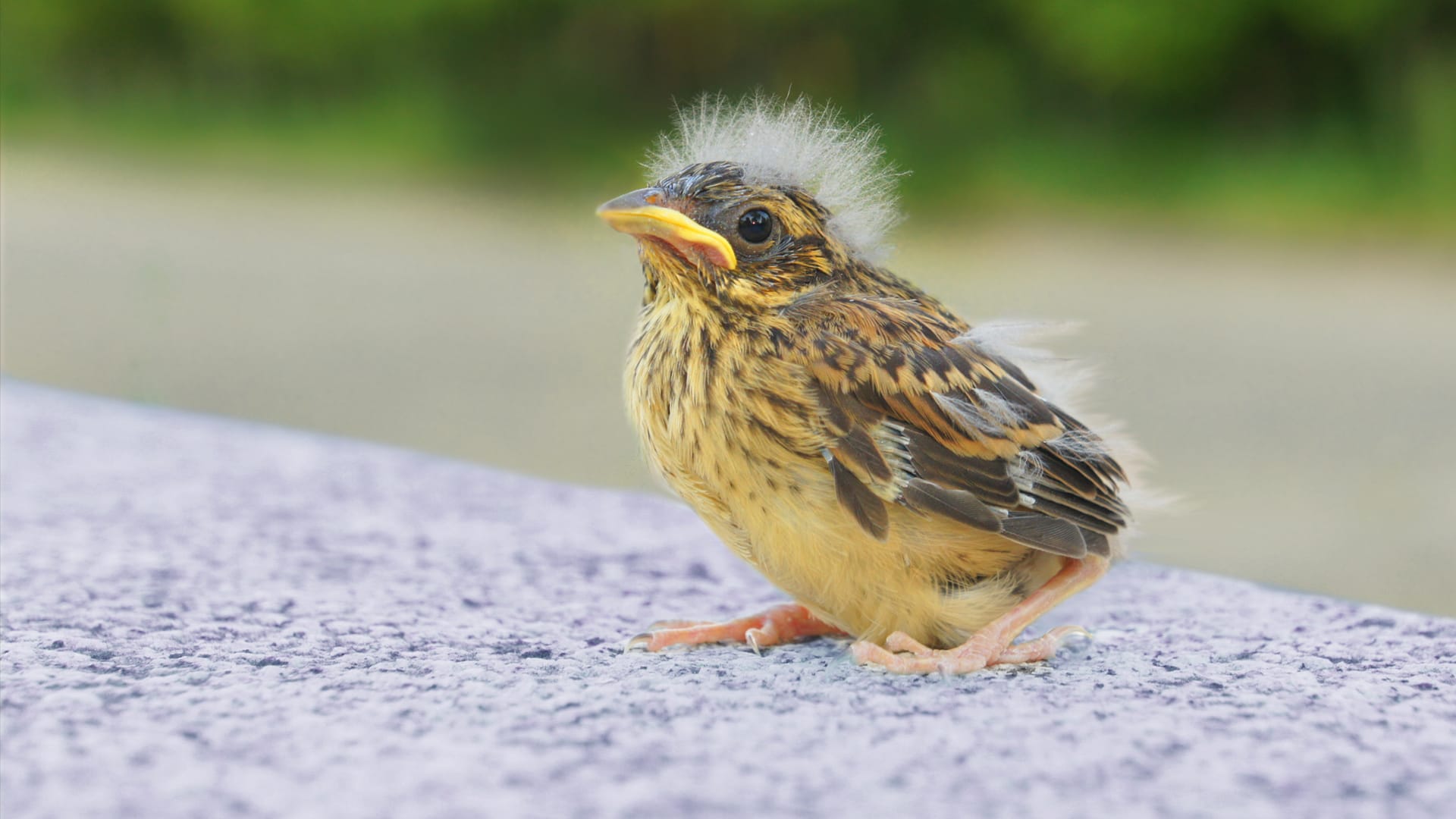Scroll for prep

Please wait…
This video is having trouble loading. You may have lost your Internet connection.
Step 1: Click to Reload this page
Step 2: Click to
Try our other video player
Step 3: Contact your teacher if trouble persists.
Or,
dismiss this message.
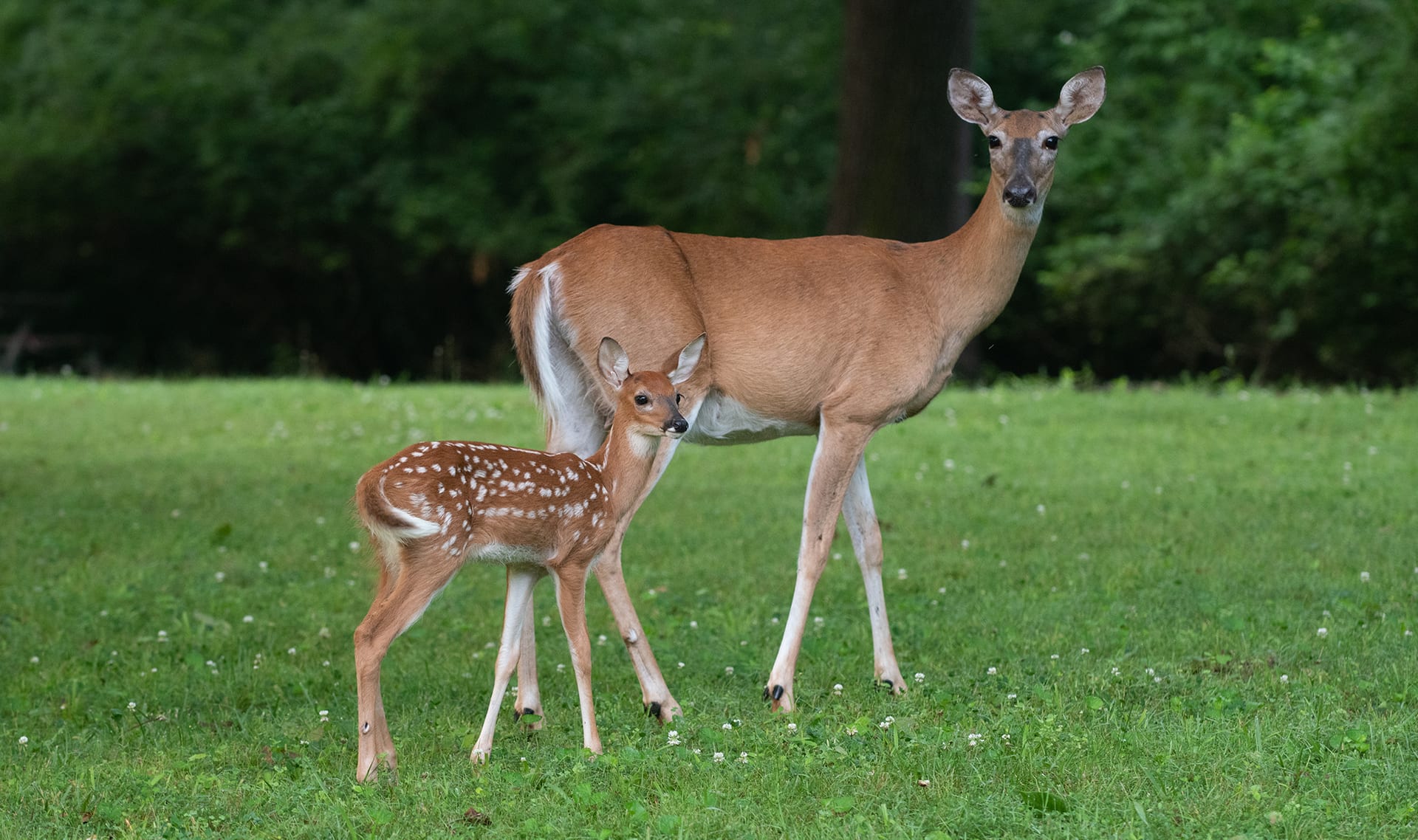
DISCUSS:
What do you see about the mother and baby that is the same?
What do you see that is different?
What do you see about the mother and baby that is the same?
What do you see that is different?

Please wait…
This video is having trouble loading. You may have lost your Internet connection.
Step 1: Click to Reload this page
Step 2: Click to
Try our other video player
Step 3: Contact your teacher if trouble persists.
Or,
dismiss this message.
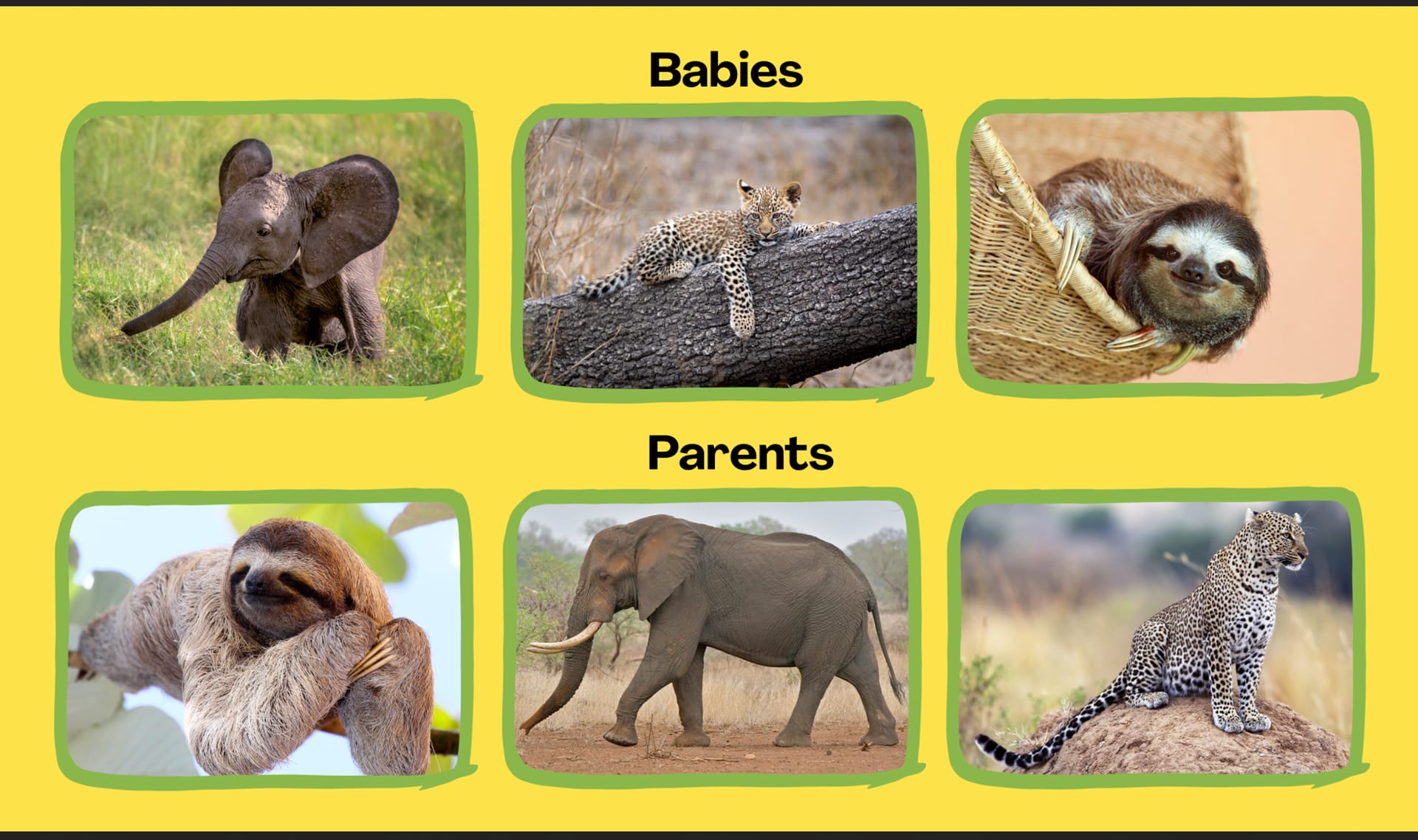
DISCUSS:
How would you match these baby animals with their parents?
What did you notice that helped you match them?
How would you match these baby animals with their parents?
What did you notice that helped you match them?

Please wait…
This video is having trouble loading. You may have lost your Internet connection.
Step 1: Click to Reload this page
Step 2: Click to
Try our other video player
Step 3: Contact your teacher if trouble persists.
Or,
dismiss this message.
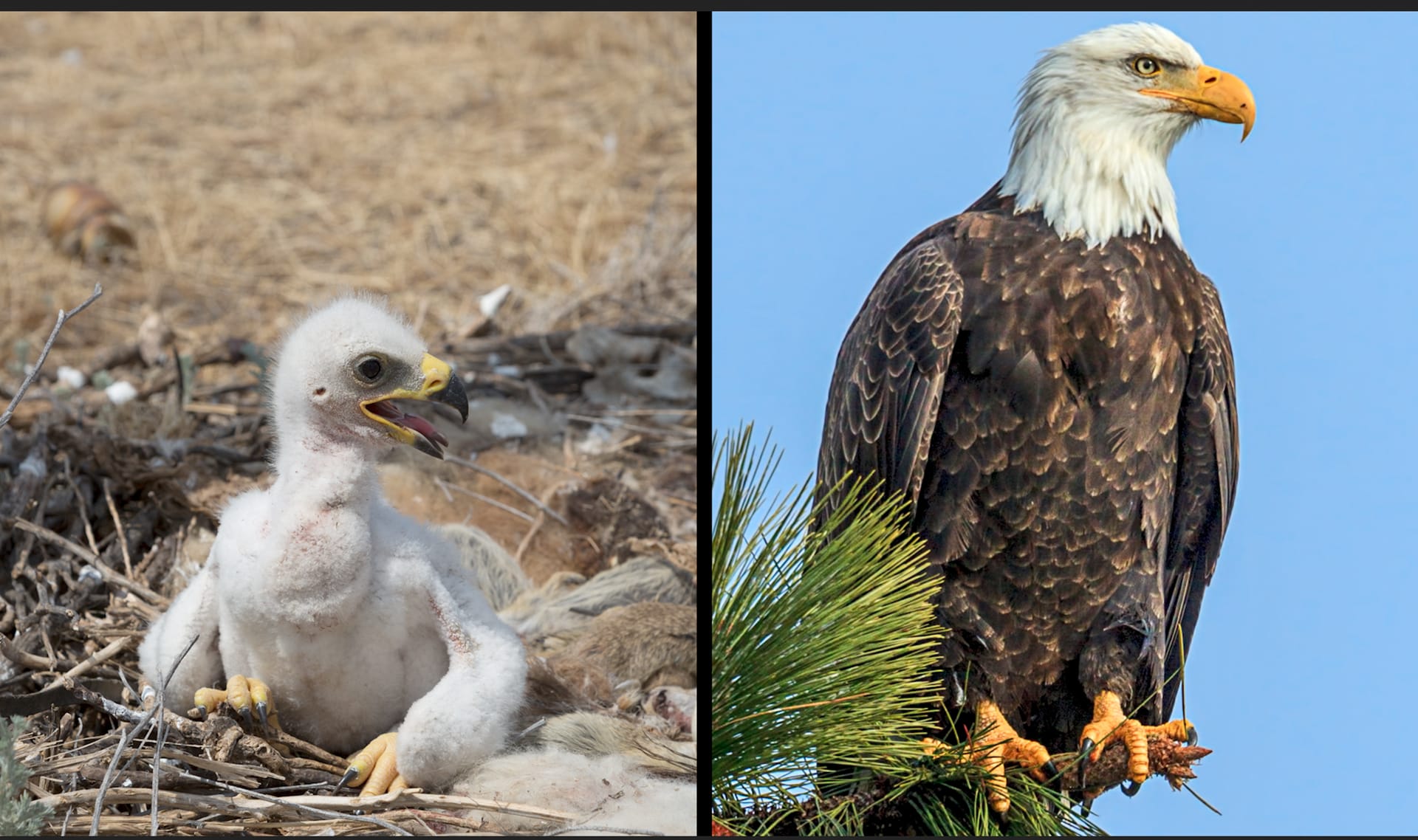
Check out this baby eagle and adult eagle.
DISCUSS: Which traits stay the SAME? Which traits CHANGE?
DISCUSS: Which traits stay the SAME? Which traits CHANGE?

Please wait…
This video is having trouble loading. You may have lost your Internet connection.
Step 1: Click to Reload this page
Step 2: Click to
Try our other video player
Step 3: Contact your teacher if trouble persists.
Or,
dismiss this message.
DISCUSS:
Some traits of baby birds change as they grow.
So, how could you match a baby bird with its parent?

Please wait…
This video is having trouble loading. You may have lost your Internet connection.
Step 1: Click to Reload this page
Step 2: Click to
Try our other video player
Step 3: Contact your teacher if trouble persists.
Or,
dismiss this message.

Please wait…
This video is having trouble loading. You may have lost your Internet connection.
Step 1: Click to Reload this page
Step 2: Click to
Try our other video player
Step 3: Contact your teacher if trouble persists.
Or,
dismiss this message.
Step
01/14
01/14
Find a partner.

Please wait…
This video is having trouble loading. You may have lost your Internet connection.
Step 1: Click to Reload this page
Step 2: Click to
Try our other video player
Step 3: Contact your teacher if trouble persists.
Or,
dismiss this message.
Step
02/14
02/14
Let’s do a practice round together.
Discuss.
Discuss.

Please wait…
This video is having trouble loading. You may have lost your Internet connection.
Step 1: Click to Reload this page
Step 2: Click to
Try our other video player
Step 3: Contact your teacher if trouble persists.
Or,
dismiss this message.
Step
03/14
03/14
Here’s what we noticed.

Please wait…
This video is having trouble loading. You may have lost your Internet connection.
Step 1: Click to Reload this page
Step 2: Click to
Try our other video player
Step 3: Contact your teacher if trouble persists.
Or,
dismiss this message.
Step
04/14
04/14
Get your supplies.

Please wait…
This video is having trouble loading. You may have lost your Internet connection.
Step 1: Click to Reload this page
Step 2: Click to
Try our other video player
Step 3: Contact your teacher if trouble persists.
Or,
dismiss this message.
Step
05/14
05/14
Challenge #1: Open your envelope that is labeled “A.”

Please wait…
This video is having trouble loading. You may have lost your Internet connection.
Step 1: Click to Reload this page
Step 2: Click to
Try our other video player
Step 3: Contact your teacher if trouble persists.
Or,
dismiss this message.
Step
06/14
06/14
Here are three adult birds that also live in the forest. Talk with your
partner about which of these you think may be the parent of the
baby bird that Brenda found.
partner about which of these you think may be the parent of the
baby bird that Brenda found.

Please wait…
This video is having trouble loading. You may have lost your Internet connection.
Step 1: Click to Reload this page
Step 2: Click to
Try our other video player
Step 3: Contact your teacher if trouble persists.
Or,
dismiss this message.
Step
07a/14
07a/14
Circle the traits of the baby bird that helped you match it to an adult
bird.
bird.

Please wait…
This video is having trouble loading. You may have lost your Internet connection.
Step 1: Click to Reload this page
Step 2: Click to
Try our other video player
Step 3: Contact your teacher if trouble persists.
Or,
dismiss this message.
Step
07b/14
07b/14
Here’s what we noticed.

Please wait…
This video is having trouble loading. You may have lost your Internet connection.
Step 1: Click to Reload this page
Step 2: Click to
Try our other video player
Step 3: Contact your teacher if trouble persists.
Or,
dismiss this message.
Step
08/14
08/14
Challenge #2: Open your envelope that is labeled “B.”

Please wait…
This video is having trouble loading. You may have lost your Internet connection.
Step 1: Click to Reload this page
Step 2: Click to
Try our other video player
Step 3: Contact your teacher if trouble persists.
Or,
dismiss this message.
Step
09/14
09/14
Here are three adult birds that also live near the lake. Talk with your
partner about which of these adult birds you think may be the parent
of the baby bird.
partner about which of these adult birds you think may be the parent
of the baby bird.

Please wait…
This video is having trouble loading. You may have lost your Internet connection.
Step 1: Click to Reload this page
Step 2: Click to
Try our other video player
Step 3: Contact your teacher if trouble persists.
Or,
dismiss this message.
Step
10a/14
10a/14
Circle the traits of the baby bird that helped you match it to an adult bird.

Please wait…
This video is having trouble loading. You may have lost your Internet connection.
Step 1: Click to Reload this page
Step 2: Click to
Try our other video player
Step 3: Contact your teacher if trouble persists.
Or,
dismiss this message.
Step
10b/14
10b/14
Here’s what we noticed.

Please wait…
This video is having trouble loading. You may have lost your Internet connection.
Step 1: Click to Reload this page
Step 2: Click to
Try our other video player
Step 3: Contact your teacher if trouble persists.
Or,
dismiss this message.
Step
11/14
11/14
Challenge #3: Open your envelope that is labeled “C.”

Please wait…
This video is having trouble loading. You may have lost your Internet connection.
Step 1: Click to Reload this page
Step 2: Click to
Try our other video player
Step 3: Contact your teacher if trouble persists.
Or,
dismiss this message.
Step
12/14
12/14
Here are three adult birds that also live in the town. Talk with your
partner about which of these adult birds you think may be the parent
of the baby bird.
partner about which of these adult birds you think may be the parent
of the baby bird.

Please wait…
This video is having trouble loading. You may have lost your Internet connection.
Step 1: Click to Reload this page
Step 2: Click to
Try our other video player
Step 3: Contact your teacher if trouble persists.
Or,
dismiss this message.
Step
13a/14
13a/14
Circle the traits of the baby bird that helped you match it to an adult
bird.
bird.

Please wait…
This video is having trouble loading. You may have lost your Internet connection.
Step 1: Click to Reload this page
Step 2: Click to
Try our other video player
Step 3: Contact your teacher if trouble persists.
Or,
dismiss this message.
Step
13b/14
13b/14
Here’s what we noticed.

Please wait…
This video is having trouble loading. You may have lost your Internet connection.
Step 1: Click to Reload this page
Step 2: Click to
Try our other video player
Step 3: Contact your teacher if trouble persists.
Or,
dismiss this message.
Step
14/14
14/14
Discuss:

Please wait…
This video is having trouble loading. You may have lost your Internet connection.
Step 1: Click to Reload this page
Step 2: Click to
Try our other video player
Step 3: Contact your teacher if trouble persists.
Or,
dismiss this message.

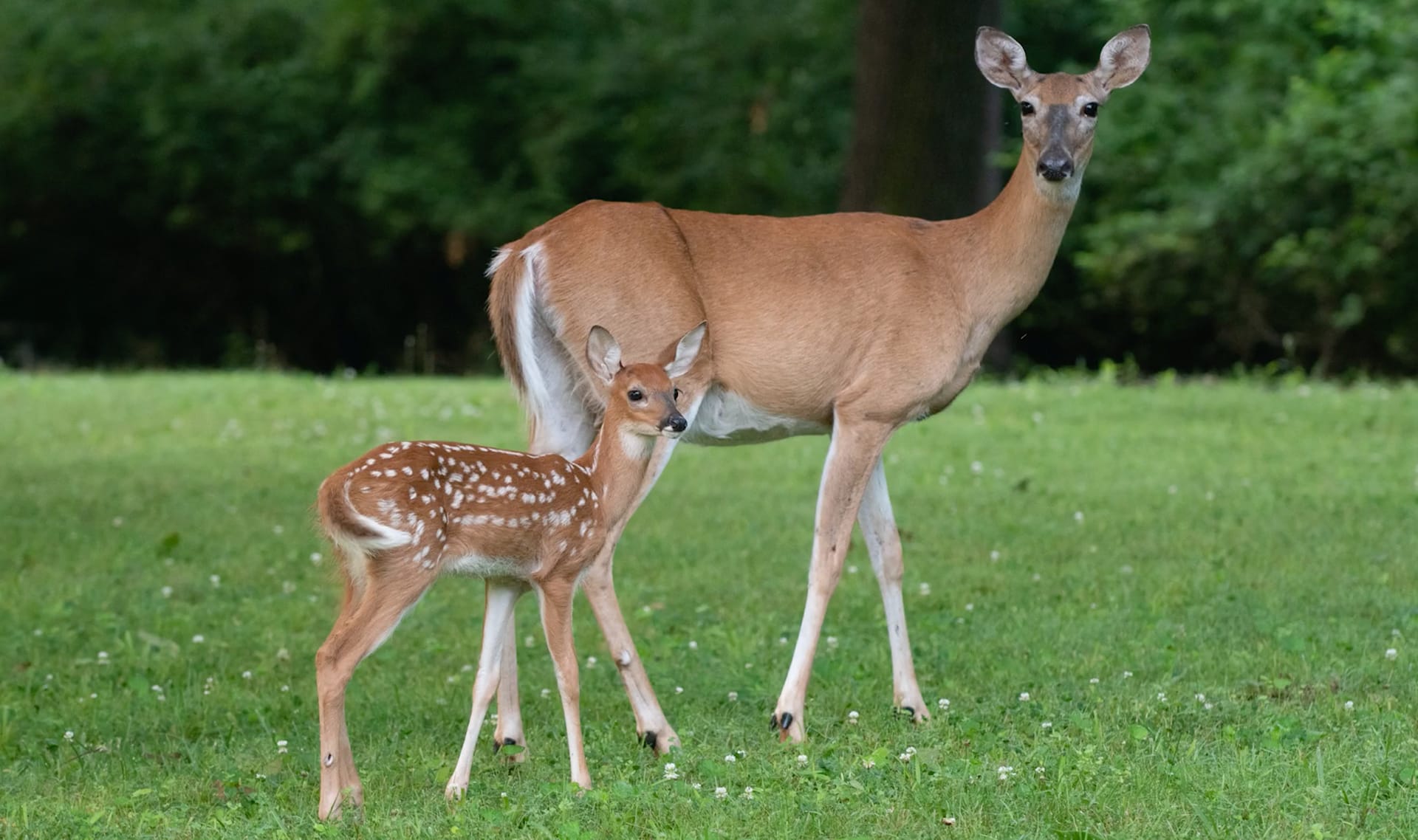
animal
1 of 7
a living thing that needs to eat other living things
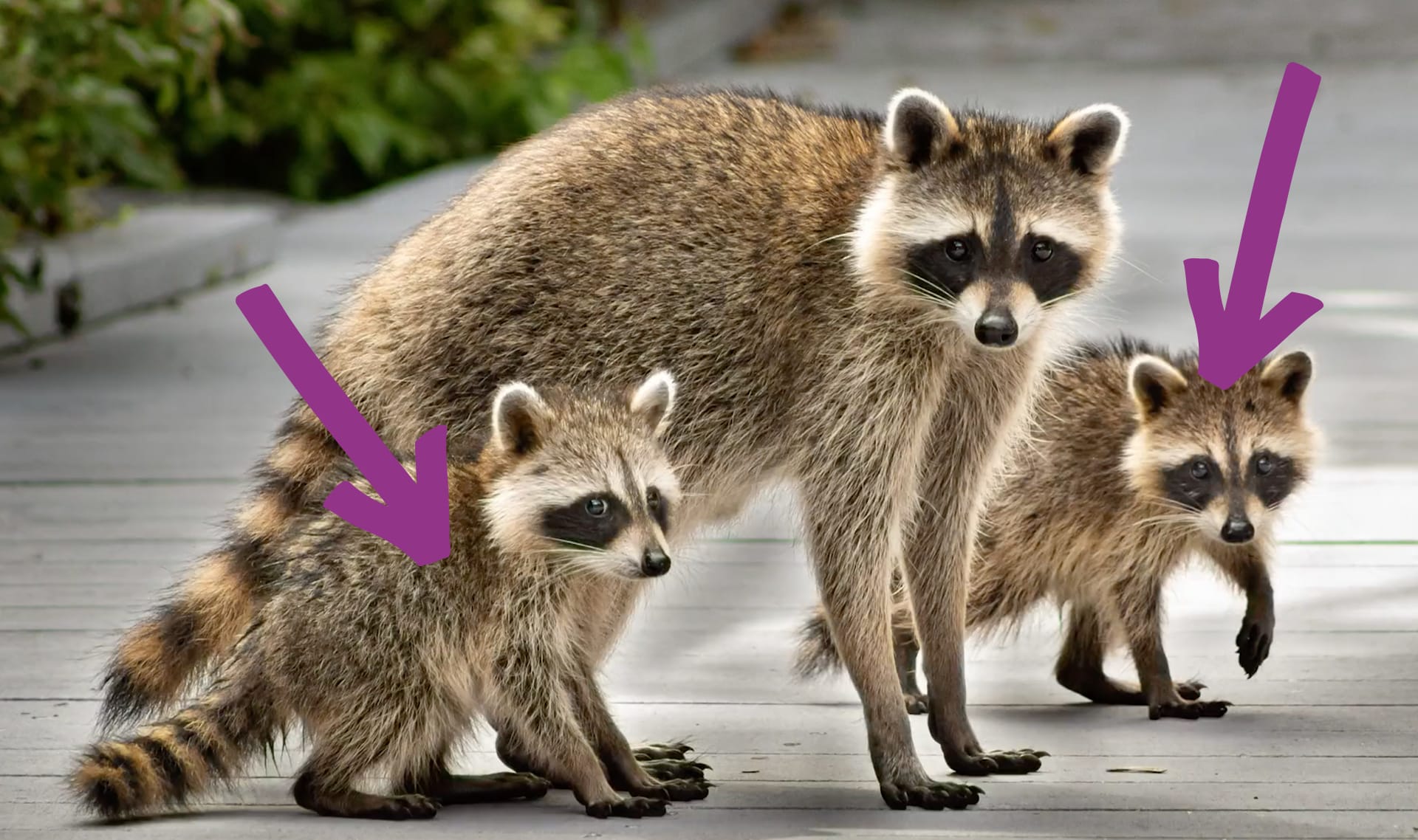
offspring
2 of 7
babies
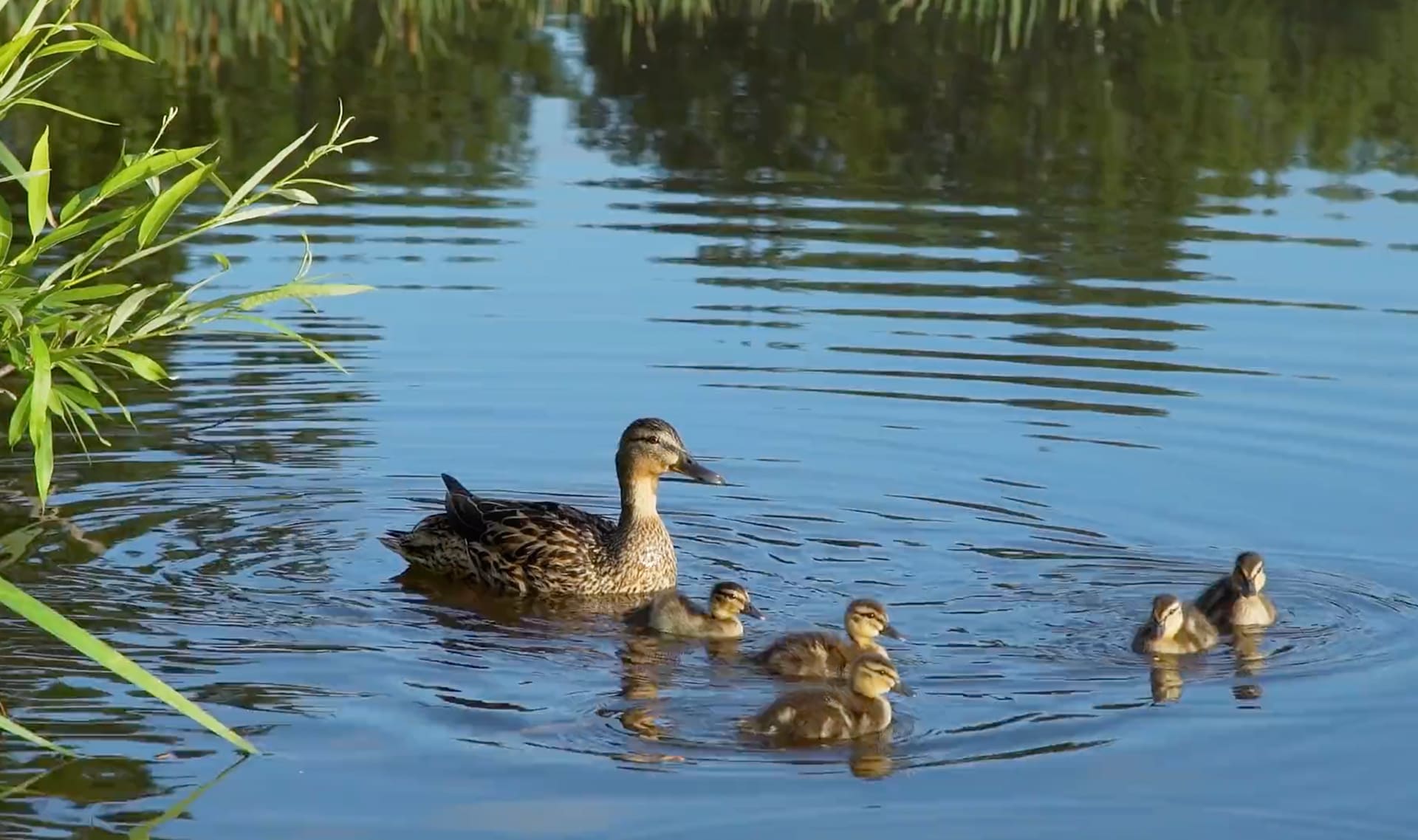
wildlife
3 of 7
animals and plants in nature
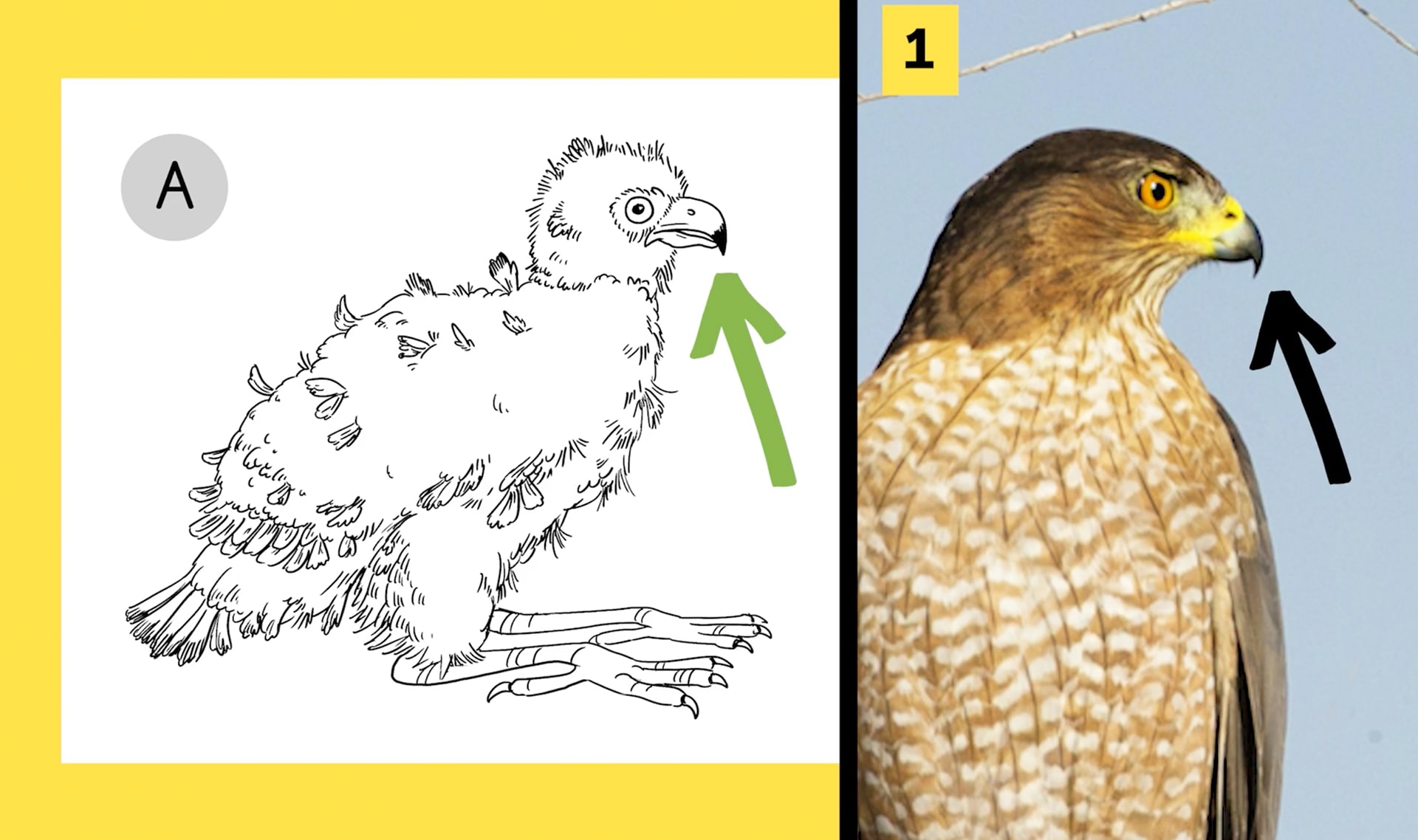
trait
4 of 7
something you can observe about a living thing, such as the pointy beak of a bird
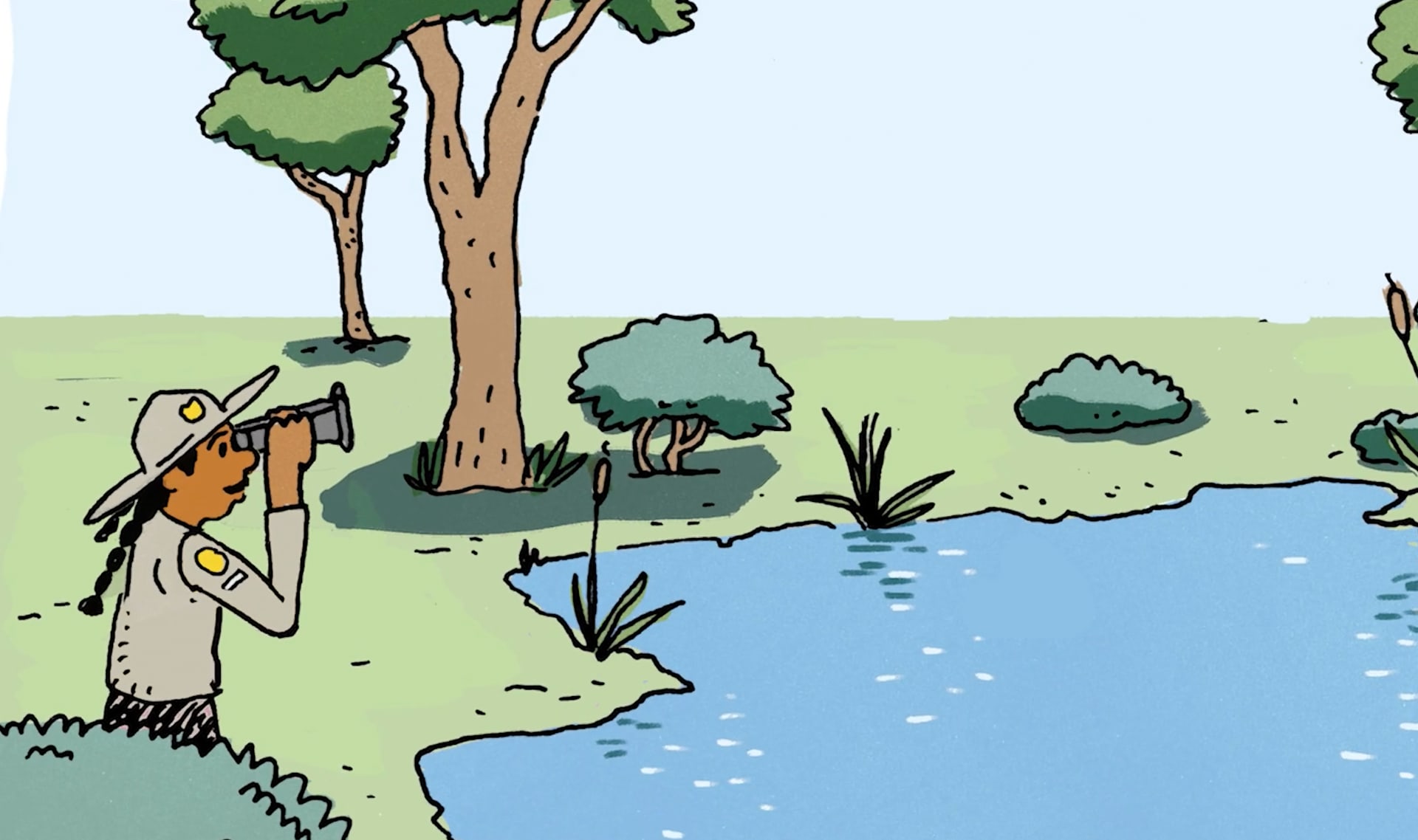
observe
5 of 7
to pay close attention to something
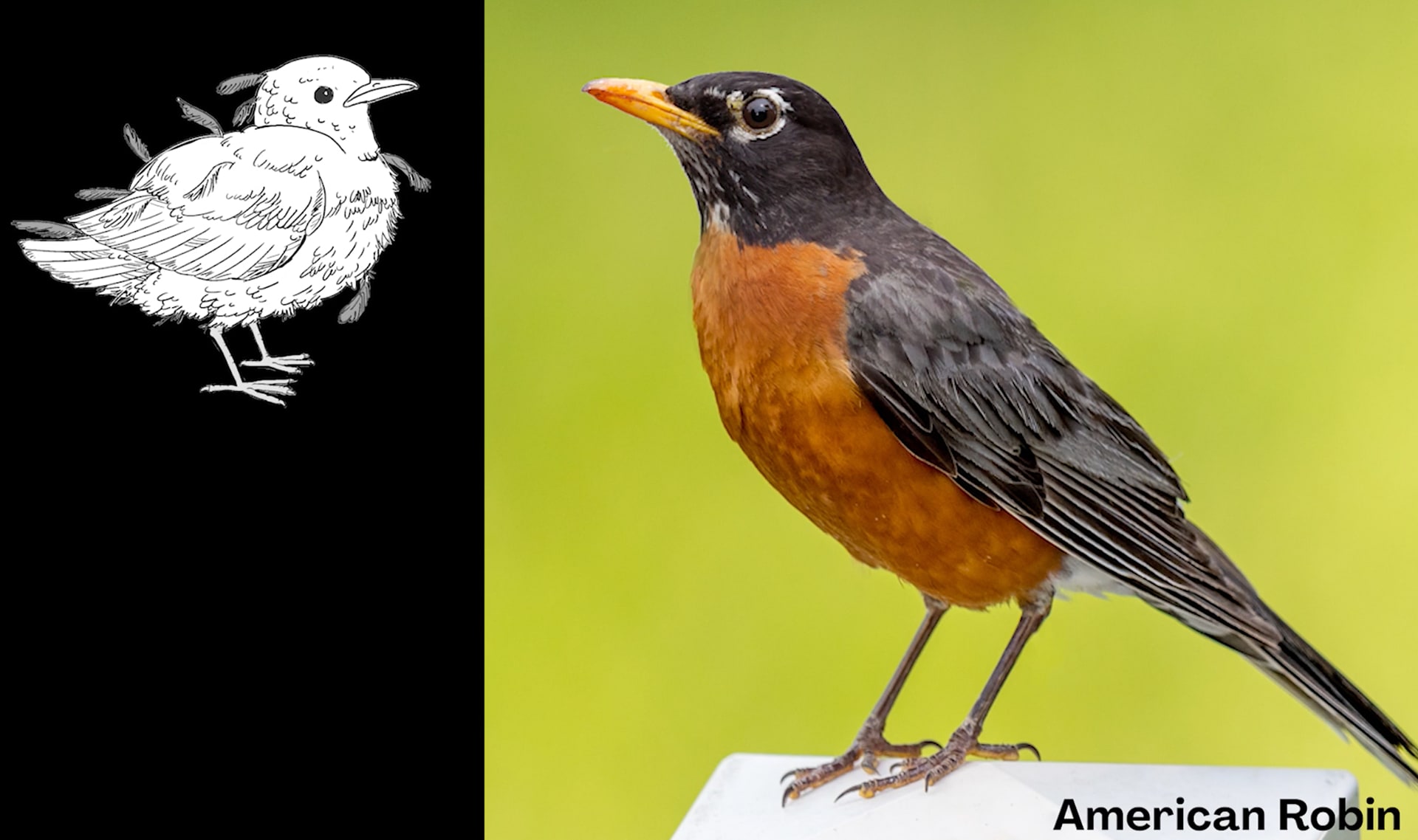
identify
6 of 7
to figure out what or who something is
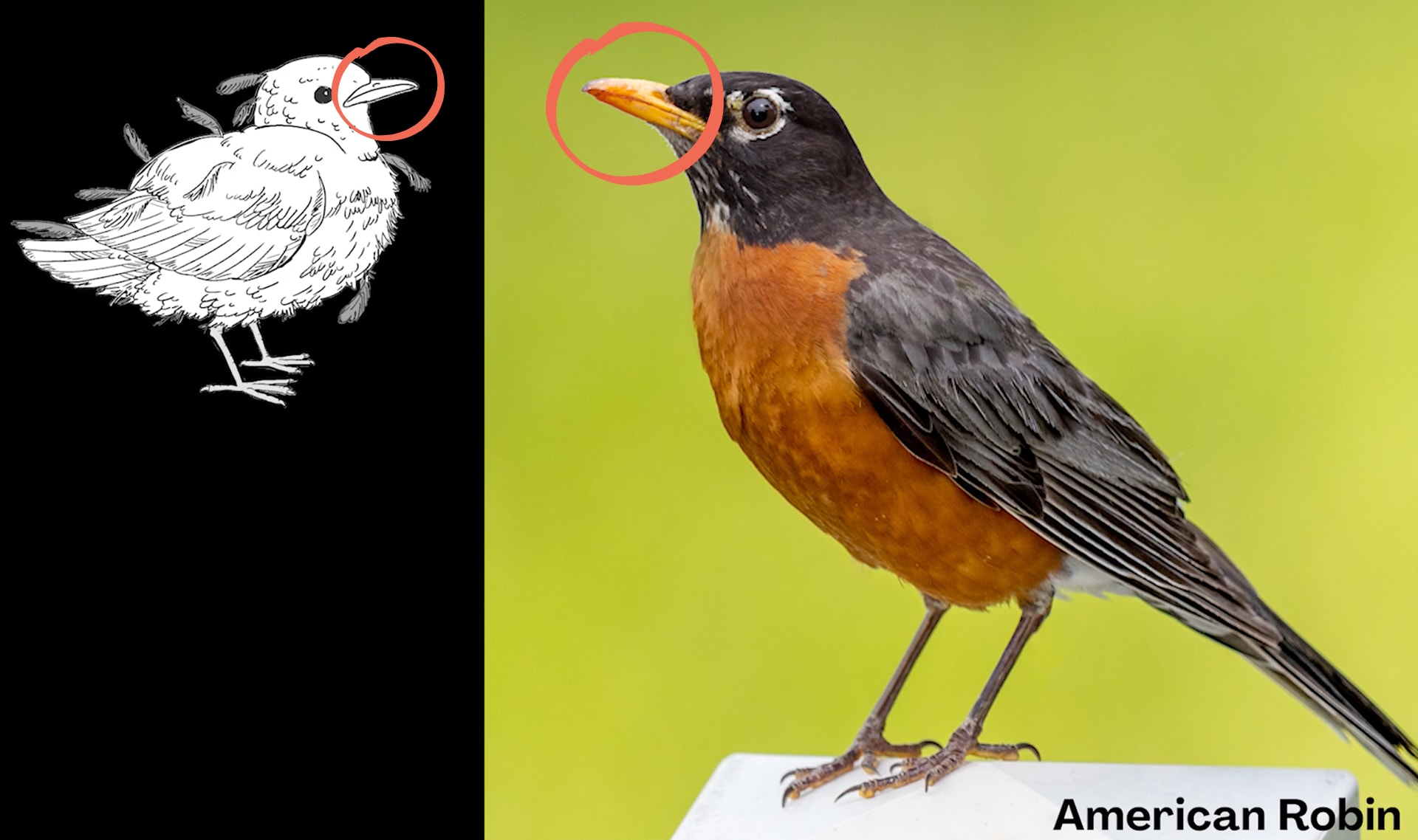
evidence
7 of 7
information that can be used to support or reject an idea
